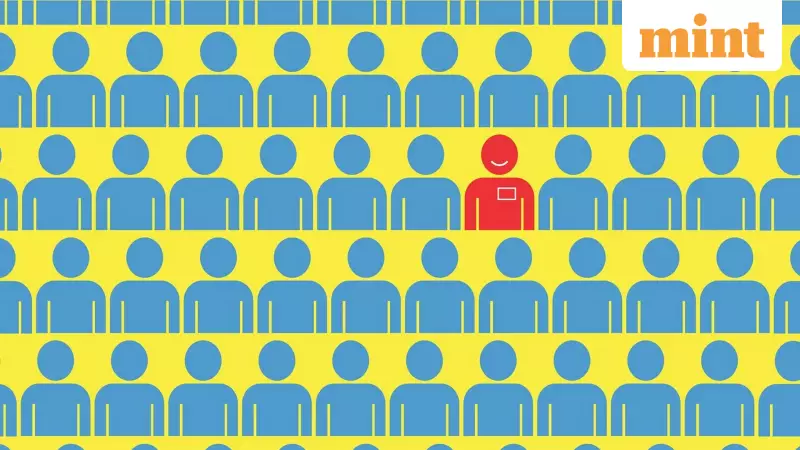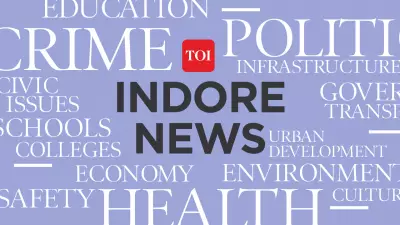
College students graduating in 2026 are heading toward the most challenging job market in five years, according to a sobering new survey from employers. The Class of 2026 will enter a workforce where hiring remains stagnant, artificial intelligence is replacing traditional entry-level tasks, and they're competing against experienced workers who have been recently laid off.
Employers Paint Grim Picture for New Graduates
More than half of the 183 employers surveyed by the National Association of Colleges and Employers rate the job market for the Class of 2026 as poor or fair. This represents the most pessimistic outlook since the first year of the pandemic. The semiannual survey, conducted six months before graduation season, serves as an early indicator of graduate hiring trends each year.
Employers project just a 1.6% increase in hiring for the Class of 2026, a significant drop from their plans for the Class of 2025 last fall. This minimal growth comes amid rising layoffs across major corporations including Amazon.com, United Parcel Service, and Verizon Communications, which plans to cut 15,000 jobs in its largest reduction ever.
AI and Economic Uncertainty Reshape Hiring
The cooling job market and rapid advancements in artificial intelligence are creating a perfect storm for new graduates. Companies are hiring more conservatively due to economic uncertainty and increasingly prioritizing candidates with some experience over fresh college graduates.
More executives are openly discussing how AI will lead to deep job cuts and take over tasks traditionally assigned to new graduates. This technological shift means college seniors aren't just competing against each other—they're facing competition from junior workers who have been recently laid off and are willing to take entry-level positions.
The unemployment rate for recent college graduates reached 4.8% in June, according to a Federal Reserve Bank of New York analysis. This exceeds the overall unemployment rate for that month and marks the highest June level for recent graduates in four years.
Students Feel the Pressure as Applications Soar
The early-career job platform Handshake reports concerning trends for graduates. In August, full-time job postings declined more than 16% year-over-year, while applications per job increased by an average of 26%. More than 60% of 2026 graduates expressed pessimism about their career prospects.
Annika Swenson, a 22-year-old marketing student at the University of Iowa, embodies this anxiety. "Layoffs at companies like Amazon have made me more anxious about the search," she said. "The sheer number of applicants and the fast-moving pace of AI have increased my stress level."
Swenson, who applies to five to ten jobs weekly, worries that AI might eliminate entry-level positions entirely. "In a year, it is possible there just wouldn't be a person needed to do that job anymore. That's just wild to me," she remarked.
Christine Cruzvergara, Handshake's chief education strategy officer, notes that employers fall into three categories: those pausing hiring due to economic uncertainty, those laying off staff for efficiency, and those growing modestly. The few bright spots include healthcare, education, and manufacturing sectors.
Meanwhile, students are adopting counterproductive strategies by applying to hundreds of jobs with generic applications. Many employers are turned off by these mass applications, preferring targeted approaches from candidates.
The hiring environment has reached a near standstill, according to Giavanna Vega, a former entry-level recruiter at Automation Anywhere. "Because we're in a state of uncertainty, they don't know where to invest," she said of companies' recruiting strategies amid tariffs and AI developments.
Vega, who was laid off from her recruiting role in 2023, has experienced the competitive market firsthand. "People that have more experience are willing to take entry level positions because they can't find anything," she explained. After facing numerous rejections and "ghosted" applications, she has increasingly focused on her skincare business.
As college recruiting for full-time jobs typically begins in fall or earlier, the spring will bring clearer indications of where hiring will ultimately land. Historically, employers have revised their spring hiring plans downward from fall projections, suggesting the situation might worsen before graduation season arrives.





